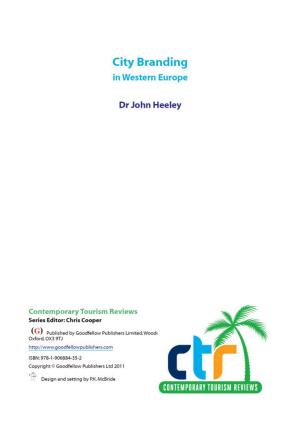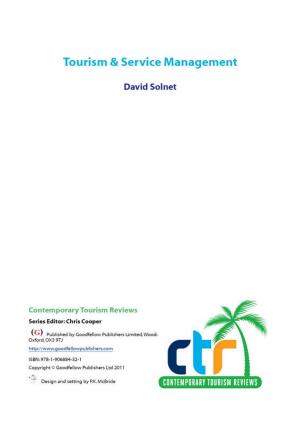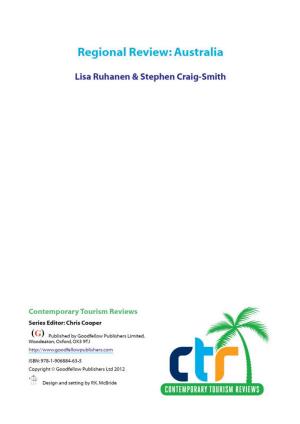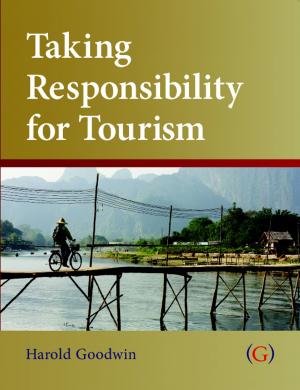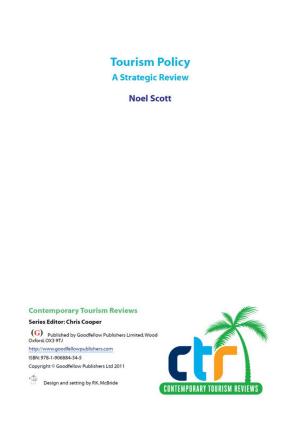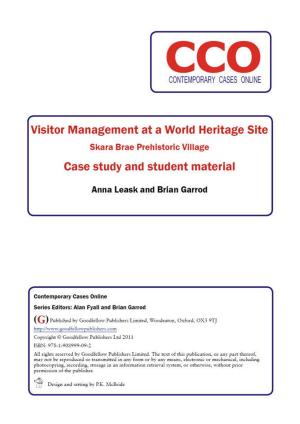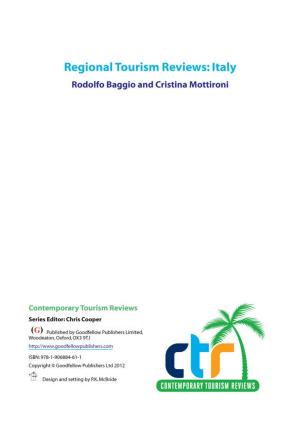| Author: | John Tribe | ISBN: | 9781906884949 |
| Publisher: | Goodfellow Publishers Ltd | Publication: | April 12, 2010 |
| Imprint: | Goodfellow Publishers | Language: | English |
| Author: | John Tribe |
| ISBN: | 9781906884949 |
| Publisher: | Goodfellow Publishers Ltd |
| Publication: | April 12, 2010 |
| Imprint: | Goodfellow Publishers |
| Language: | English |
In today's fast moving environment a sound, well-advised strategic plan is essential for all businesses, none more so than those in the tourism industry. Without strategy, organizations are susceptible to strategic drift - a consequence of failure to monitor and respond to the changing external environment. Strategy for Tourism is an internationally focused text which explains strategic management, analysis and implementation specifically in the tourism industry. It covers strategic management in a variety of tourism contexts, such as organizations, destinations, governments, NGOs and IGOs, as well as for special purposes (e.g. ad- hoc events, sustainability, inclusion, pro-poor). Using global case studies, it provides a complete overview of all the factors required when establishing a strategic plan, covering: analysis of external factors, including competition, economics and politics; choice and evaluation of the strategic plan; implementation, managing and monitoring the plan. Written in a clear, organized and student-friendly style, Strategy for Tourism is a key text for tourism management courses, particularly at undergraduate level 3 and postgraduate. Each chapter features learning objectives, summaries of key journal articles, short illustrative materials, extended case studies, review questions, class activities, chapter summaries and links to relevant websites, plus free access to PowerPoint slides.
In today's fast moving environment a sound, well-advised strategic plan is essential for all businesses, none more so than those in the tourism industry. Without strategy, organizations are susceptible to strategic drift - a consequence of failure to monitor and respond to the changing external environment. Strategy for Tourism is an internationally focused text which explains strategic management, analysis and implementation specifically in the tourism industry. It covers strategic management in a variety of tourism contexts, such as organizations, destinations, governments, NGOs and IGOs, as well as for special purposes (e.g. ad- hoc events, sustainability, inclusion, pro-poor). Using global case studies, it provides a complete overview of all the factors required when establishing a strategic plan, covering: analysis of external factors, including competition, economics and politics; choice and evaluation of the strategic plan; implementation, managing and monitoring the plan. Written in a clear, organized and student-friendly style, Strategy for Tourism is a key text for tourism management courses, particularly at undergraduate level 3 and postgraduate. Each chapter features learning objectives, summaries of key journal articles, short illustrative materials, extended case studies, review questions, class activities, chapter summaries and links to relevant websites, plus free access to PowerPoint slides.

